
Diwali: When the World Illuminates
Each year, as the Northern Hemisphere tilts away from the sun and shadows grow longer, a celestial celebration cuts through the impending gloom: Diwali, the Festival of Lights. Marked this year on November 12, Diwali is a radiant beacon in the calendar of many cultures.
The Essence of Light
Beneath the canvas of night skies, millions of flickering lamps cast a soft, golden glow, signaling the start of Diwali. This five-day festival, steeped in lore and legend, reaches across the boundaries of faith—embraced by Hindus, Jains, Sikhs, and some Buddhists—with each community painting its historical hues onto the festivities. Hindus, for instance, celebrate the homecoming of Lord Rama to Ayodhya, marking a victory of righteousness and light over darkness and despair.
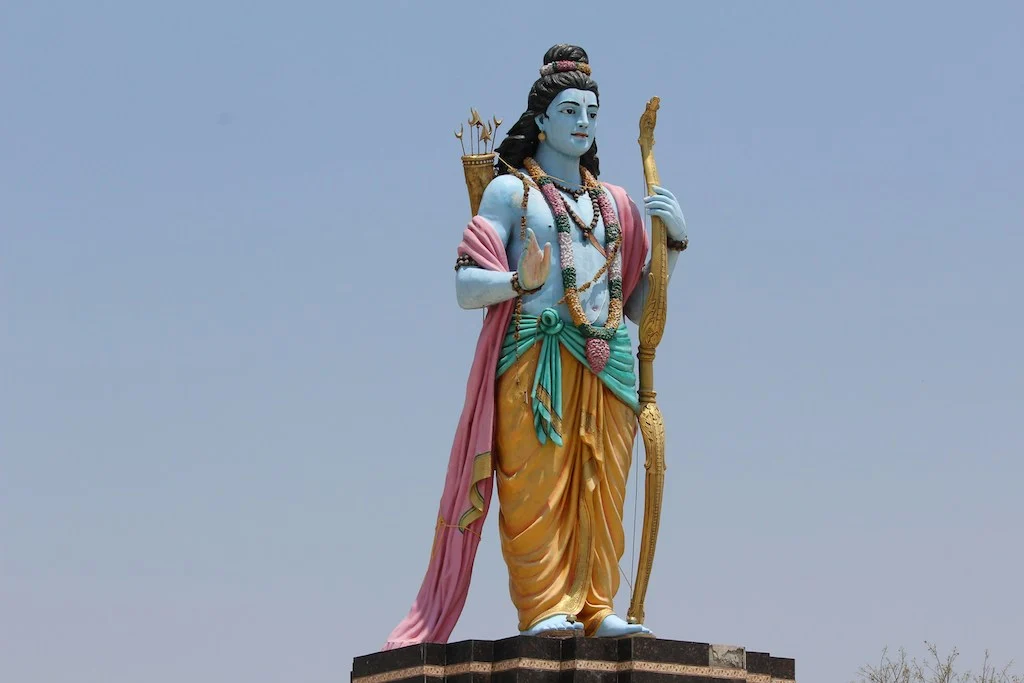
Photo by Pavan Kumaar on Unsplash
Lord Rama, a central figure in the ancient Indian epic Ramayana, is depicted as an epitome of virtue—a model of an ideal man, embodying the characteristics of righteousness, compassion, and unwavering duty. He is traditionally portrayed as a regal man in royal attire, often with a bow in one hand and arrows in the other, symbolizing his prowess as a warrior. Rama is usually depicted with a serene and composed countenance and dark blue skin.
A Global Mosaic of Celebrants
Diwali’s flames kindle memories of home and heritage far beyond its Indian origins, from the bustling streets of Kuala Lumpur to the energetic neighborhoods of Leicester, and to the high-rise-dotted skyline of New York City.

Photo by Job Savelsberg on Unsplash
Little India in Kuala Lumpur is a vibrant cultural enclave located in the heart of the city, known as Brickfields. This bustling neighborhood is a riot of colors, sounds, and scents, encapsulating the essence of India’s rich tapestry right in Malaysia’s capital.
The Festival’s American Tapestry
In the United States, Diwali’s radiance manifests in a cultural mosaic, reflecting the country’s diverse tapestry. More than 7 million people, including South Asians, Indo-Caribbeans, and others, partake in festivities that have garnered recognition at the highest levels, with official celebrations at the White House and a new declaration of an official holiday for New York City schools in 2024.
The festival’s significance is magnified by the prominent role of the Indian American community, particularly in technology, where one in ten tech workers is of Indian origin, and one in three start-ups boasts an Indian co-founder. Legislation was even introduced to make Diwali a federal holiday in the US. The Diwali Day Act, if passed by Congress and signed into law by the President, would make the festival of lights the 12th federally recognized holiday in the United States.
The Importance of Cultural Illumination
The observance of Diwali presents more than an opportunity for festivity; it’s a lens through which we can view the dynamism of cultural exchange. Acknowledging Diwali encourages an understanding that can enhance workplace dynamics, inform educational curricula, and contribute to the richness of our shared social experience.
An awareness of Diwali and its associated traditions is a hallmark of a society attuned to its diverse constituents. Homes shimmer with the glow of diyas and candles, symbolizing the victory of light over darkness.
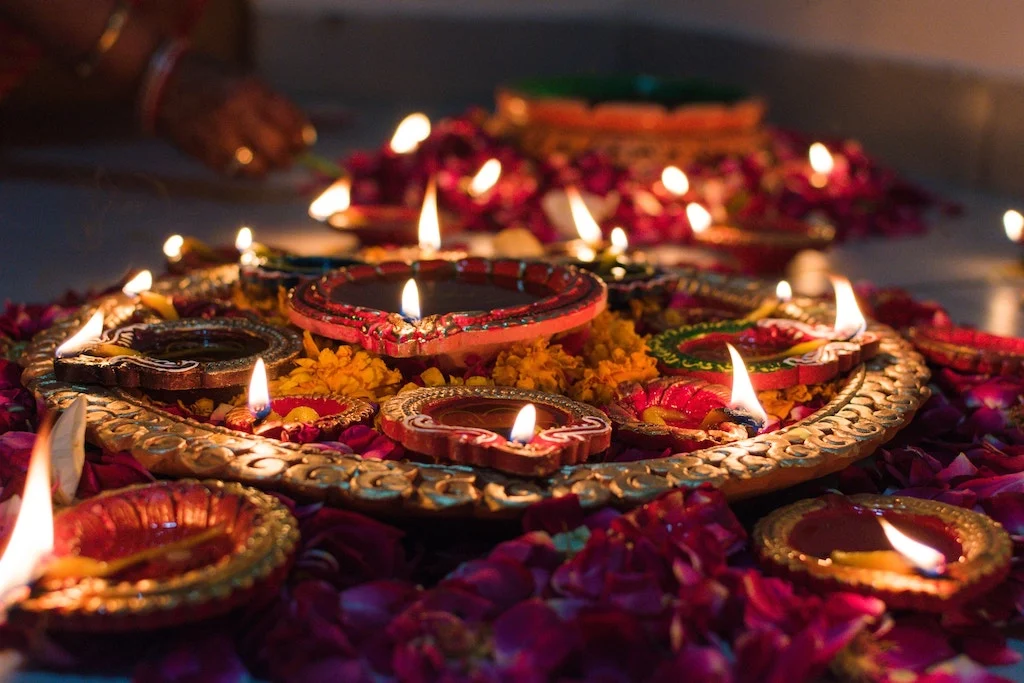
Photo by Udayaditya Barua on Unsplash
Artistic rangoli patterns grace floors, adding a splash of color to the festivities.
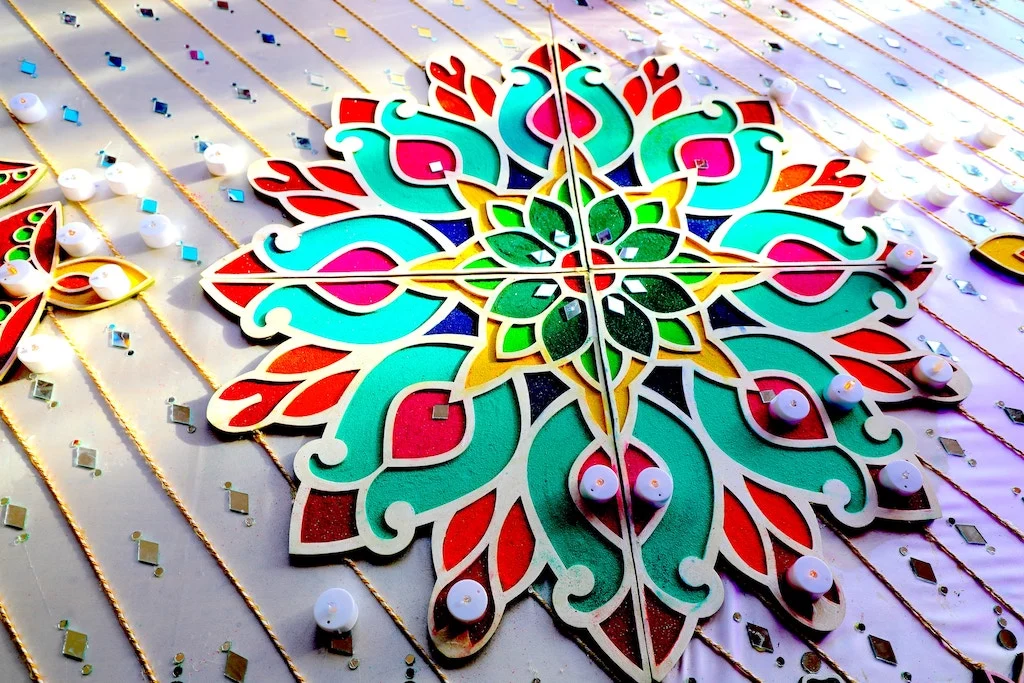
Photo by Rahul Joglekar on Unsplash
The night sky sparkles with fireworks, expressing communal joy and honoring the divine.
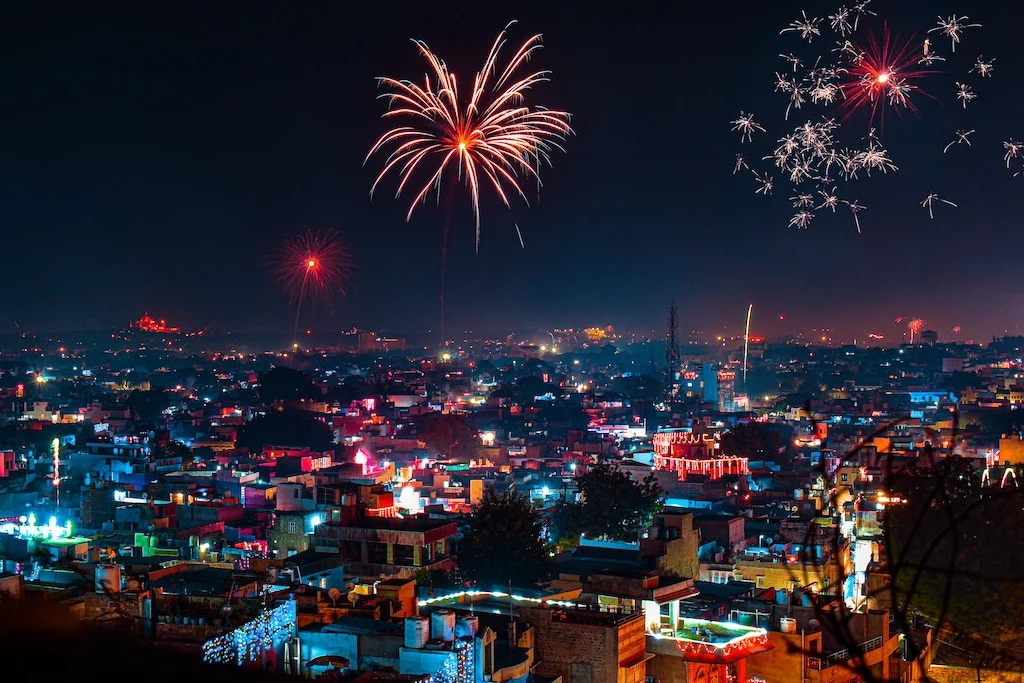
Photo by Anirudh on Unsplash
Devotional pujas honor deities like Lakshmi and Ganesha, inviting prosperity and wisdom. The exchange of gifts and sweets fosters goodwill, while sumptuous feasts and new attire mark renewal. Cleaning and adorning spaces invite blessings, embodying the spirit of this luminous festival.
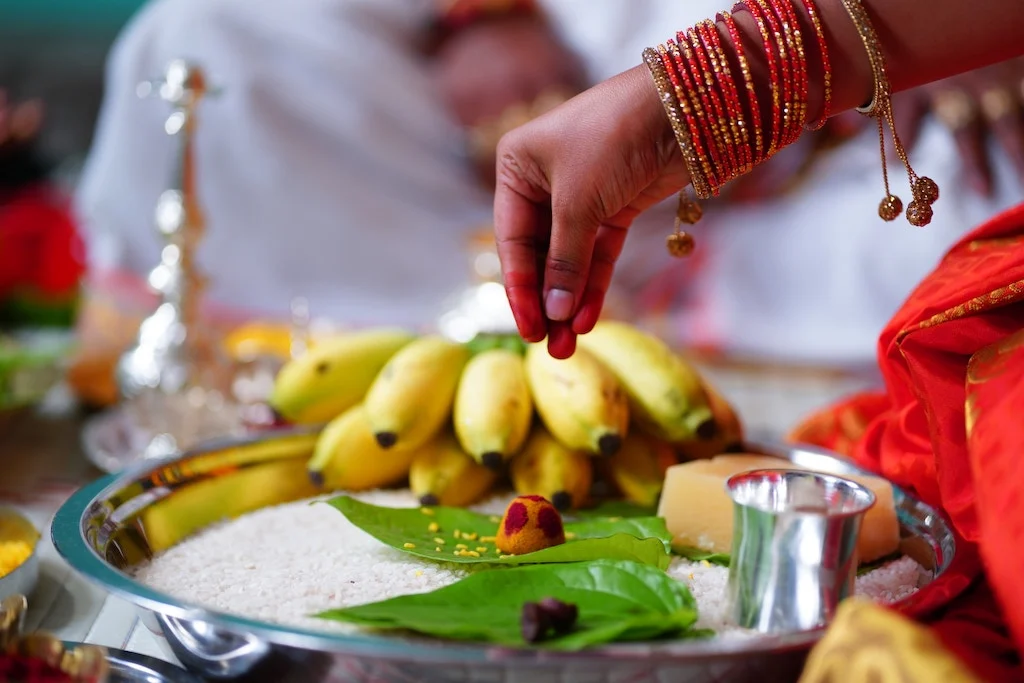
Photo by Jignasa on Unsplash
Organizations and communities that acknowledge and celebrate such festivals not only honor the identities and traditions of their members but also reinforce the values of inclusivity and respect. The light of Diwali thus becomes a guiding beacon for organizations striving to create spaces where every culture’s celebrations are seen and valued.
Inclusive Diwali Celebrations in the Workplace
As companies strive to create a more inclusive and diverse workplace, celebrating cultural events like Diwali can be a vibrant way to showcase respect and appreciation for different traditions. Diwali, the Indian Festival of Lights, offers a rich tapestry of history and culture that can enhance the workplace environment with its themes of light over darkness and knowledge over ignorance. By incorporating Diwali into the annual corporate calendar, businesses can not only add a spark of joy and color to the office but also deepen their employees’ understanding of the cultural heritage of their South Asian colleagues. Here are some suggestions for how organizations can embrace this festival to foster an inclusive atmosphere and celebrate the diversity that strengthens our global community:
Diwali Event: Plan a company celebration with traditional performances, attire, and storytelling.
Decorations and Dress: Decorate with Diwali themes and encourage the wearing of traditional Indian clothes.
Educational Content: Educate staff about Diwali’s significance through workshops or presentations.
Food Tasting: Introduce Diwali delicacies at the workplace and offer cooking demos.
Charitable Actions: Organize charity drives or volunteer work in the spirit of Diwali.
Virtual Participation: Host online Diwali events for remote employees with digital festivities.
Diversity Panels: Conduct discussions on cultural diversity focusing on Diwali and inclusion.
Creative Workshops: Offer craft sessions for making Diwali-themed items.
Company Communications: Highlight Diwali and the contributions of South Asian employees in company media.
Flexible Holidays: Provide optional time off for those observing Diwali.
Illuminating the Path Forward
Hanzo values diversity, equity, and inclusion in the workplace. As Diwali’s lamps are lit, they invite us to reflect on the broader implications of what it means to honor the myriad of human stories surrounding us. May this Diwali not only light up the skies but also enlighten our minds—encouraging a deeper connection with the world’s vibrant cultural tapestry.

 Hanzo Team
Hanzo Team 
